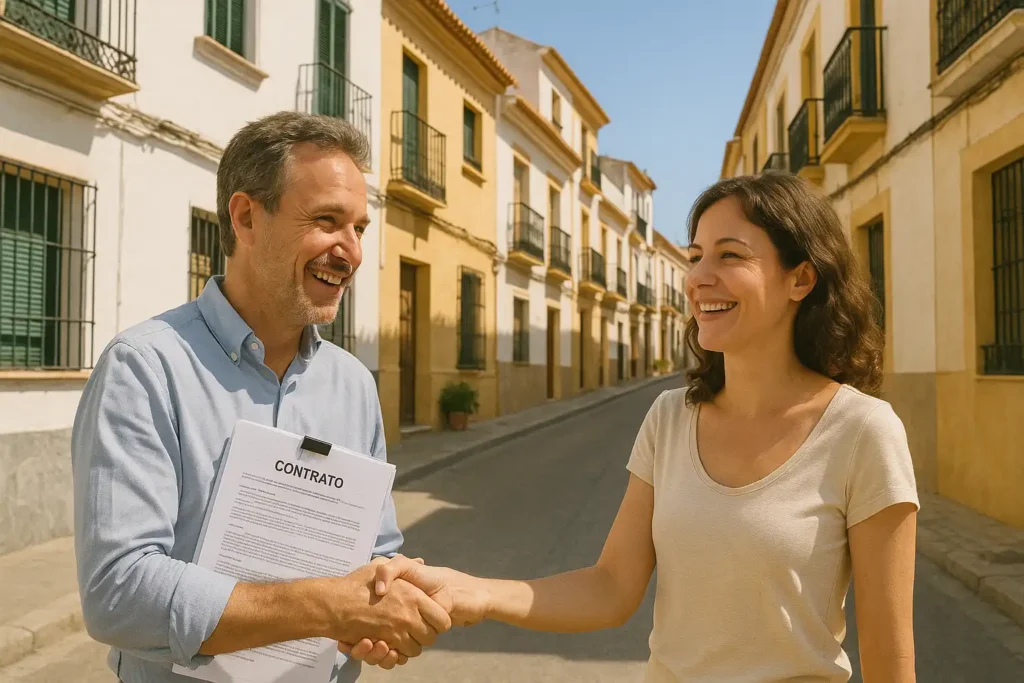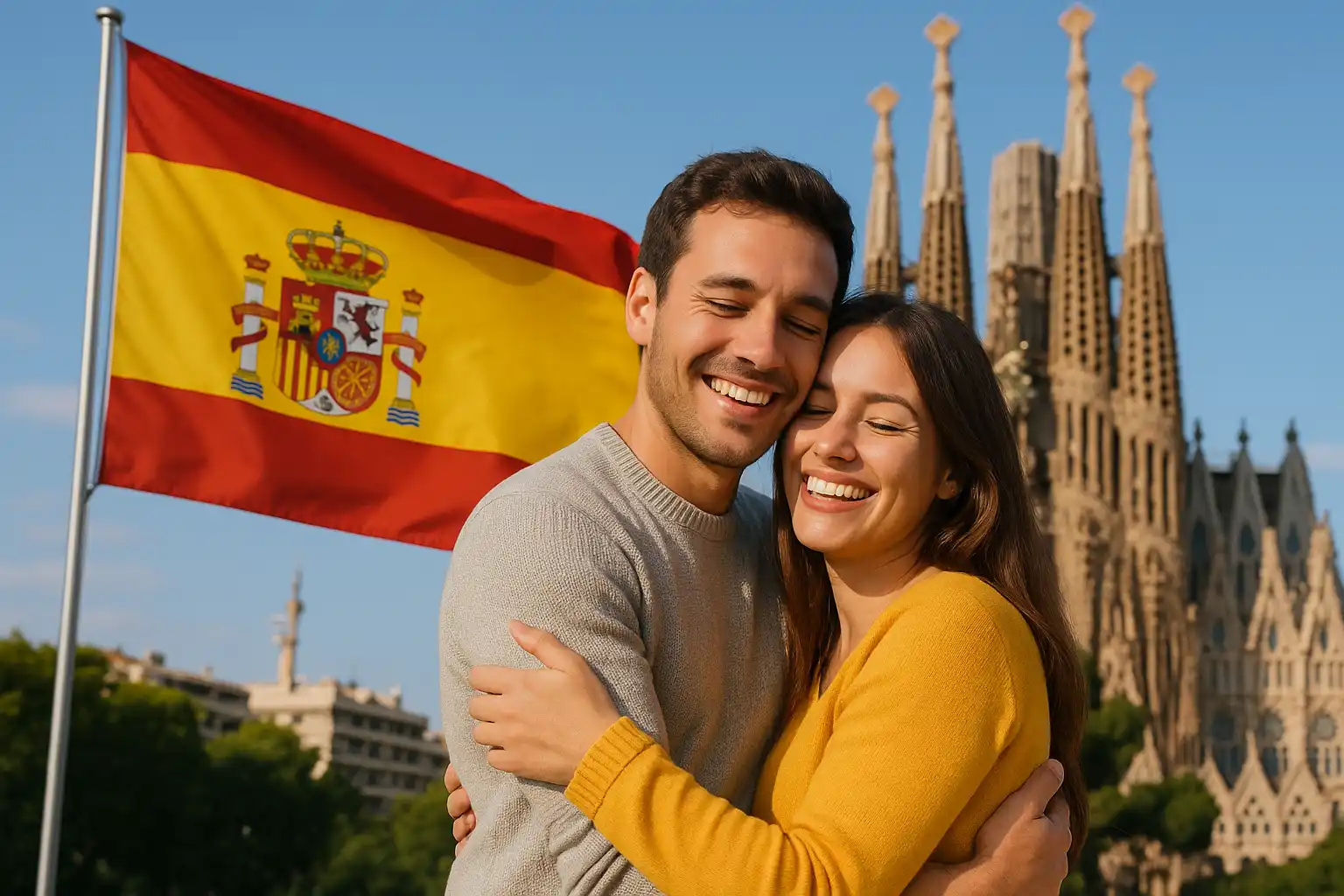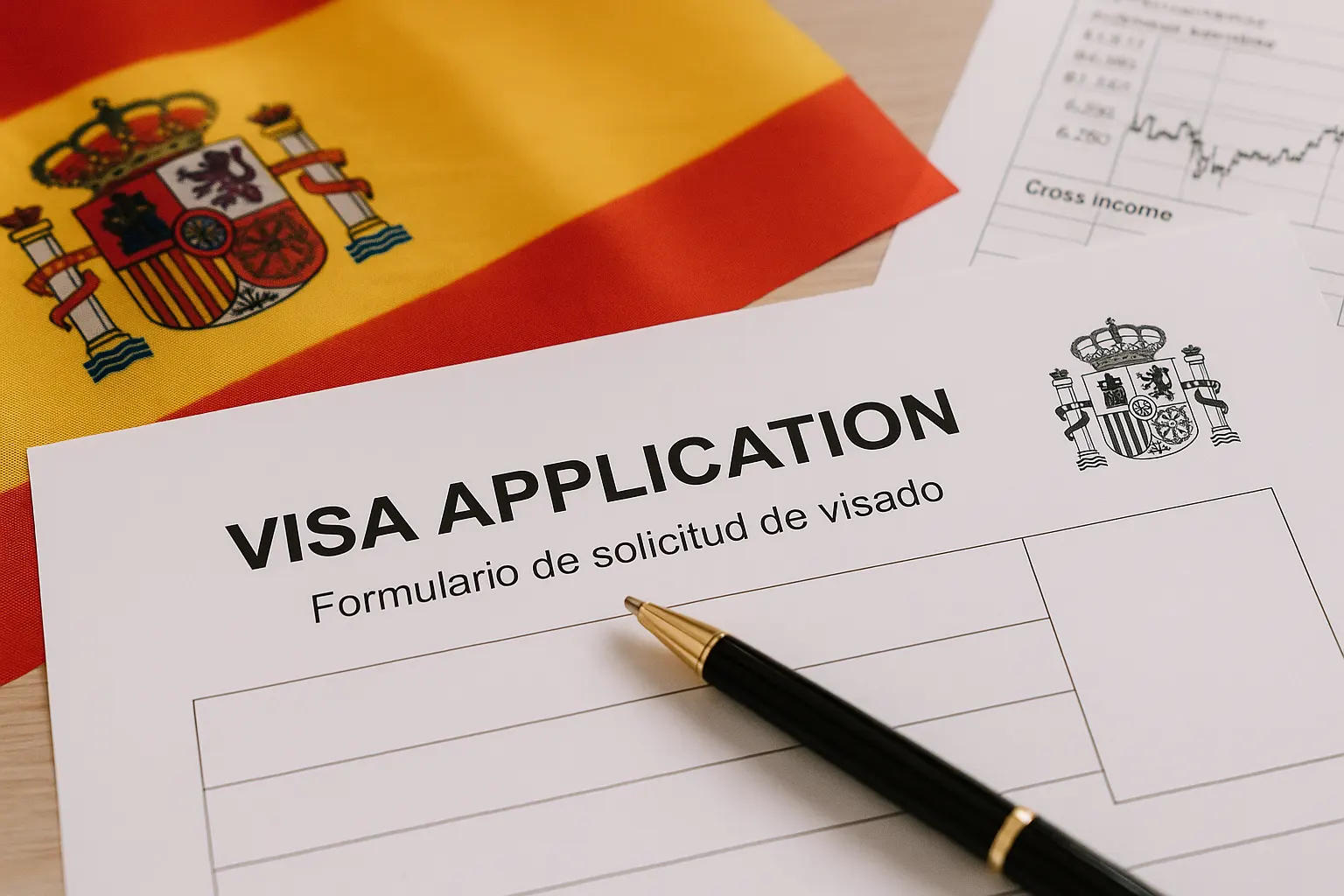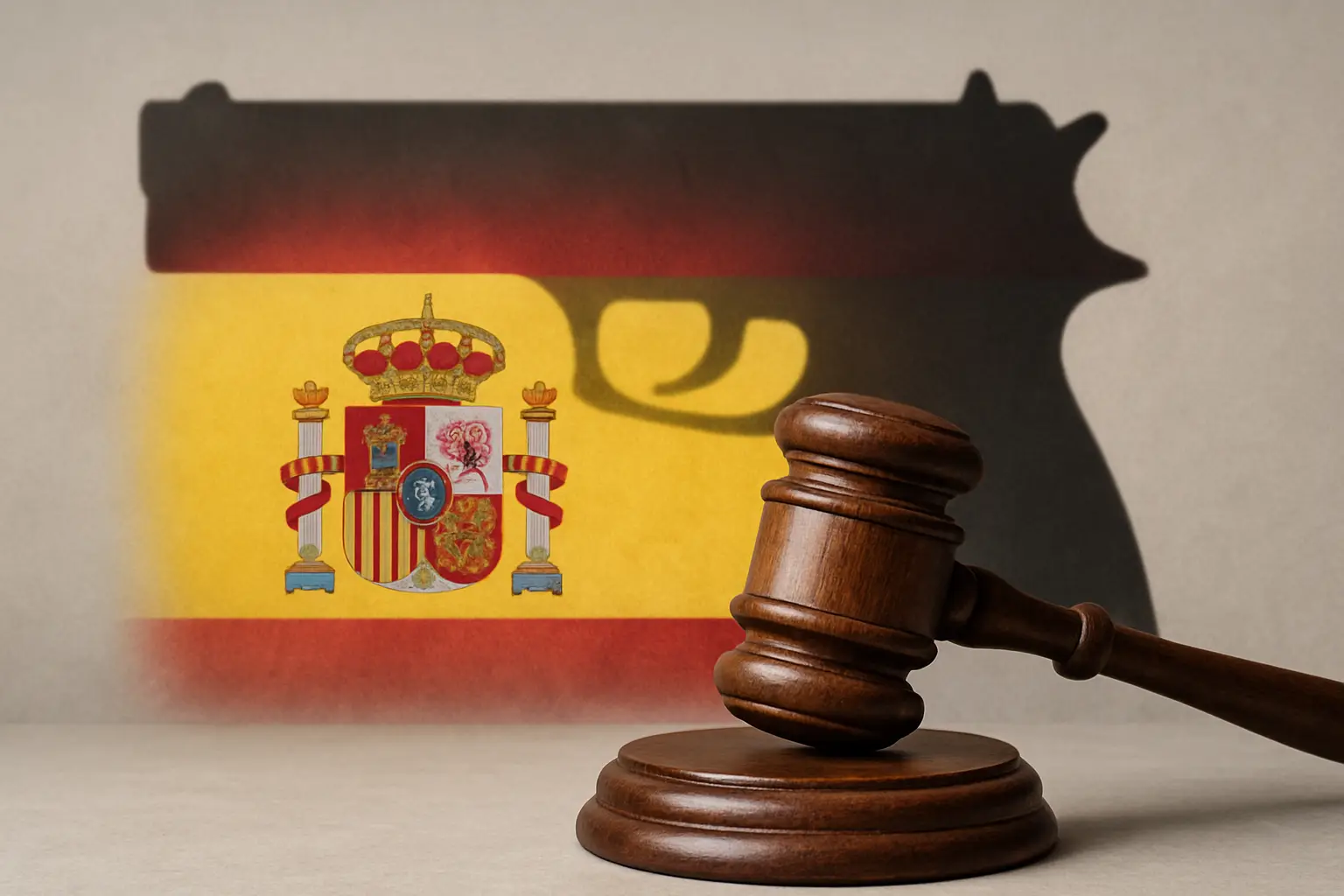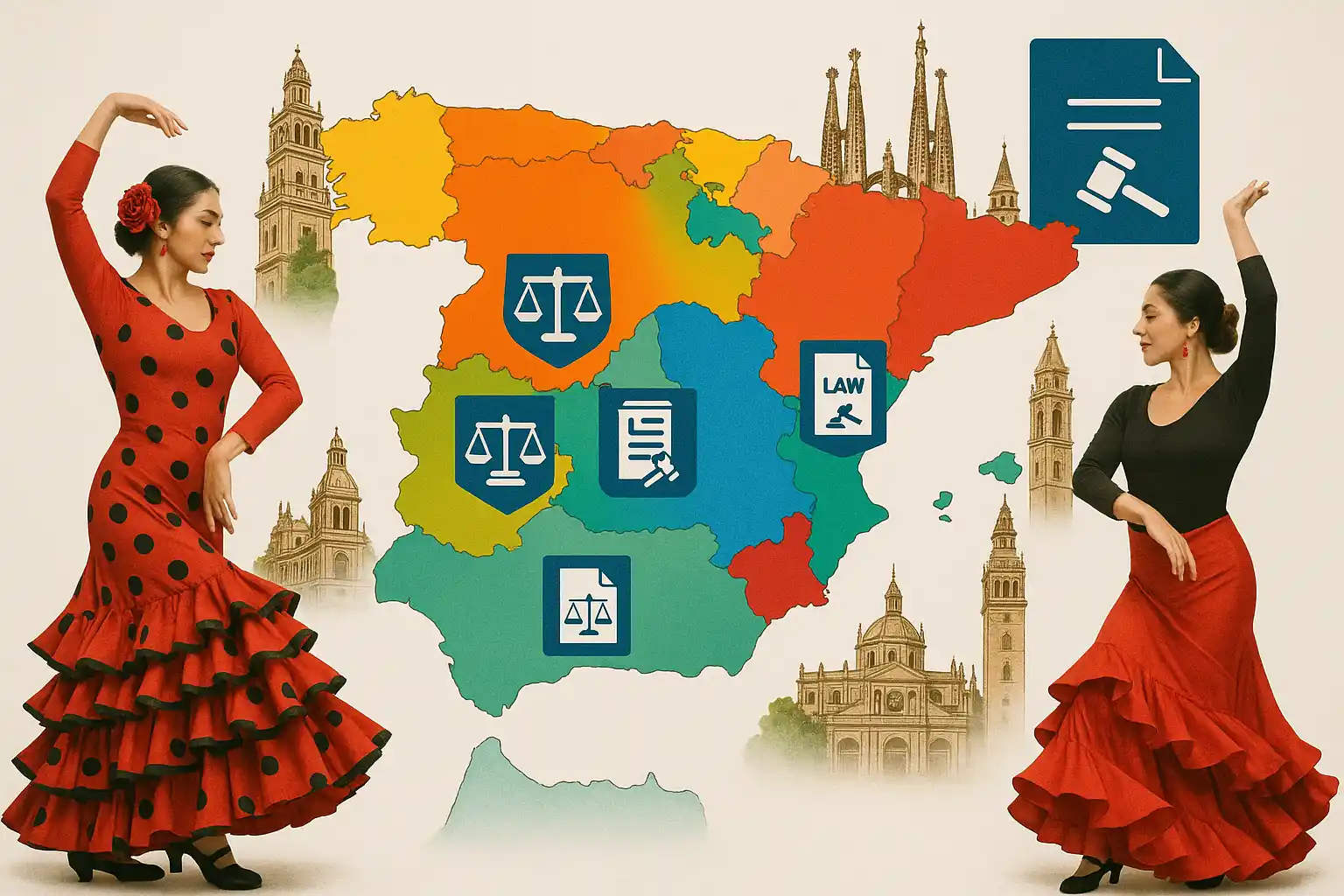Understanding Arraigo Social in Spain
Arraigo Social in Spain serves as a legal mechanism allowing foreign nationals who have resided irregularly in the country to obtain temporary residency and work authorization. This permit acknowledges the applicant’s established connections within Spanish society, facilitating their integration and formal employment.
Traditional Requirements Before 2025
Applicants seeking arraigo social spain status traditionally needed to satisfy several stringent criteria:
- Minimum Residence: Continuous irregular residence in Spain for at least three years prior to application.
- Social and Economic Integration: Demonstrated through either:
- Family ties with Spanish nationals or residents, or
- A social inclusion certificate issued by local authorities confirming active community participation.
- Employment Contract: Submission of a one-year job contract as proof of economic stability.
- Interview: An assessment evaluating the applicant’s knowledge of Spanish language and culture.
These requisites aimed to ensure applicants were genuinely integrated into Spanish society and economically viable.
Application Process and Documentation
The process for securing an arraigo social permit required careful preparation:
- Proof of Residence: Documentation such as empadronamiento certificates verifying continuous residence over three years.
- Employment Contract: A formal job offer valid for one year demonstrating economic engagement.
- Integration Report: Certificates evidencing family ties or social inclusion.
- Interview Attendance: Participation in an interview focusing on cultural assimilation.
Understanding these traditional requirements clarifies how applicants navigated the path to regularization. The combination of residency proof, integration evidence, and employment commitment formed the foundation of the application strategy.
The New Rules for Arraigo Social from 2025
The 2024 Immigration Regulation Reform introduces significant changes to the arraigo social framework, effective from 2025. These new rules arraigo social Spain bring a revised approach aimed at enhancing accessibility and flexibility for applicants seeking temporary residency and work authorization.
Key legislative changes include:
- Reduction of Required Prior Irregular Residence: The minimum period of undocumented residence needed to qualify decreases from three years to two years. This adjustment opens the door for more individuals who have integrated into Spanish society but previously did not meet the time threshold.
- Renaming and Updating Criteria: The traditional Arraigo Social permit is renamed Arraigo Sociolaboral. This change reflects an updated focus on both social roots and labor integration, emphasizing a combined proof of societal ties and economic participation.
- Relaxation of Job Contract Requirement: Previously, applicants had to secure a one-year job contract to qualify. Under the new rules, this strict employment condition is eased. Applicants may now demonstrate eligibility by providing evidence of financial means or family ties in Spain instead of presenting a formal job offer. This shift acknowledges diverse forms of integration beyond direct employment.
These reforms streamline the process for irregular residents aiming to regularize their status, adapting to contemporary social realities and economic circumstances. The reduction in residence duration coupled with relaxed contractual obligations represent crucial steps toward inclusivity, particularly benefiting those with sustained community connections but without immediate formal employment.
New documentation standards and criteria will be explored in detail later, outlining how applicants can effectively meet these updated requirements under the Arraigo Sociolaboral framework.
Types of Arraigo Permits under the New Regulations
1. Arraigo Sociolaboral Permit
The Arraigo Sociolaboral permit is an evolution of the traditional arraigo social Spain scheme. It still aims to achieve its main goal of facilitating regularization through demonstrated ties to the country, but it has also adapted to new regulatory frameworks. This type of arraigo Spain seeks to find a balance between proving social integration and being flexible in meeting requirements.
Description:
This permit requires applicants to prove their roots within Spain and social integration, previously anchored by a mandatory one-year job contract. The updated regulations relax this condition, allowing alternative proofs such as financial means or family ties, broadening access without compromising the connection to Spanish society.
Key Requirements:
- Minimum two years of irregular residence in Spain (reduced from three years)
- Demonstration of financial solvency or established family relationships within Spain
Work Authorization:
Approval grants full work authorization, enabling holders to legally engage in employment without restrictions linked to a specific contract.
Duration:
The permit is temporary, typically issued for one year. It offers a bridge toward subsequent residency permits or other immigration pathways based on continued integration or employment.
This revision of the traditional arraigo social Spain reflects an emphasis on inclusivity and practicality, recognizing diverse forms of social and economic integration beyond formal contracts. The Arraigo Sociolaboral remains a cornerstone option for irregular residents aiming for legalization under the new regime.
2. Arraigo Socio-formativo Permit
The arraigo socio-formativo is a distinct type among the new types of arraigo in Spain designed specifically for applicants who combine official training with work authorization. This permit targets individuals who have resided irregularly for at least two years and are enrolled in an accredited training program.
Key features include:
- Key Requirements: Proof of two years’ residence in Spain plus enrollment in an official training course.
- Work Authorization: Allows part-time employment, facilitating practical experience alongside education.
- Duration: Valid for the length of the training course, aligning residency status with educational progress.
This permit differs from the traditional arraigo social Spain model by prioritizing integration through education and skill development rather than immediate full-time employment.
3. Second-Chance Arraigo Permit
The Second-Chance Arraigo Permit is for individuals who previously had an arraigo social Spain permit but lost it due to administrative or personal reasons. This option acknowledges past compliance and ongoing connections to Spain by requiring proof of contributions, such as social security payments or tax records.
Key features include:
- Eligibility: Former permit holders demonstrating contribution to the Spanish system.
- Work Authorization: Full authorization to work is granted.
- Duration: Temporary residency aligned with the permit’s validity.
This permit complements other types of arraigo Spain like arraigo socio-formativo and arraigo familiar, expanding opportunities for those seeking regularization beyond the traditional arraigo Spain framework.
4. Arraigo Familiar Permit
The arraigo familiar permit is a specific type under the new framework of types arraigo Spain, designed to support family unity and integration. It targets parents or legal guardians of minor citizens from the EU, EEA, or Switzerland residing in Spain. Unlike traditional arraigo Spain or arraigo socio-formativo permits, this category prioritizes proof of family relationship as the key eligibility criterion.
- Description: For parents/legal guardians of minor EU/EEA/Swiss citizens.
- Key Requirements: Official documentation confirming the family link, such as birth certificates or legal guardianship papers.
- Work Authorization: Permits employment during the validity period.
- Duration: Temporary residence granted, aligned with family circumstances.
This permit facilitates legal residency and work authorization based on familial ties rather than previous irregular residence or integration through social or labor means. It complements other arraigo options by addressing distinct social realities within immigrant populations.
Detailed Breakdown of New Requirements and Documentation
Understanding the updated documentation requirements Spain immigration under the new Arraigo Social rules is crucial for a successful application. The documentation now emphasizes flexibility, particularly regarding proof of residence and financial means.
Proof of Residence
Applicants must demonstrate continuous irregular residence in Spain for a minimum of two years. Acceptable evidence includes:
- Empadronamiento certificates covering at least 24 consecutive months.
- Utility bills, rental contracts, or school enrollment records that align with the residence timeframe.
- Official documents issued by local authorities confirming habitual residence.
These proofs collectively establish the applicant’s roots in Spanish territory, satisfying one of the fundamental criteria under the new regulations.
Financial Means Alternatives
The previous mandatory requirement of a one-year job contract has been relaxed. Applicants can now provide alternative evidence to meet financial sufficiency standards, such as:
- Bank statements showing consistent income or savings.
- Proof of monthly income through payroll slips or pension receipts.
- Declarations from sponsors or family members demonstrating economic support.
This shift acknowledges diverse economic situations and enables applicants without formal employment contracts to qualify.
Family Ties Documentation
For permits relying on family relationships, such as the Arraigo Familiar permit, documentation must clearly verify these ties. Essential papers include:
- Birth certificates establishing parent-child relationships.
- Legal guardianship documents where applicable.
- Marriage certificates or other official records supporting familial bonds.
Each document needs to be officially translated into Spanish if originally issued in another language and may require apostille certification depending on the country of origin.
Accurate and comprehensive documentation aligned with these updated requirements enhances the likelihood of approval under the reformed arraigo regime.
Step-by-Step Application Process under New Rules
Applying for arraigo social Spain under the new law follows a structured procedure designed to streamline access to temporary residency and work authorization. Understanding each phase of the process ensures compliance and increases the likelihood of approval.
1. Verify Eligibility
- Confirm residence in Spain for at least two years irregularly, replacing the previous three-year requirement.
- Ensure meeting other criteria such as social integration or family ties as stipulated by the updated rules outlined in this comprehensive guide on the reform of immigration regulations in Spain.
2. Gather Necessary Documentation
- Collect proof of your continuous residence, typically through empadronamiento records covering the two-year period.
- Secure evidence demonstrating roots and integration within Spanish society, which may include:
- Social inclusion certificates
- Family relationship documents (birth certificates, legal guardianship papers)
- Proof of community involvement or participation in local associations
3. Prepare Alternatives to Job Contract
- If lacking a one-year job contract, assemble financial means documentation such as:
- Recent bank statements indicating stable income
- Official income declarations or affidavits of financial support
- Alternatively, compile family support evidence showing strong ties with residents who can provide assistance.
4. Schedule an Appointment
- Book an appointment at the nearest immigration office (Oficina de Extranjería) or police station authorized to process arraigo applications.
- Some law firms specializing in immigration, notably NIM Immigration Lawyers, offer fully digital procedures including scheduling and submitting applications electronically.
5. Submit Application with Supporting Documents
- Present the completed application form along with all required documents.
- Utilize online platforms provided by legal experts for electronic filing to avoid physical visits and manage files digitally.
6. Attend Integration Interview
- Participate in an interview assessing knowledge of Spanish language and culture.
- Demonstrate social integration through responses reflecting familiarity with local customs, rights, and responsibilities.
7. Await Resolution
- Monitor application status via official channels or through legal representation.
- Upon approval, receive a temporary residence card valid for one year, granting work authorization under the new Arraigo Sociolaboral permit framework.
Navigating the application procedure step by step requires precise adherence to documentation and procedural requirements introduced by the reform. Leveraging expert legal assistance and digital tools can simplify this process significantly for applicants seeking to regularize their status under arraigo social Spain new law, which includes new rules for residency in Spain that are set to take effect in 2025.
Impact on Specific Groups: Filipinos and Other Foreign Nationals
The updated arraigo social Spain for Filipino immigrants presents significant advantages. The reduction in required irregular residence from three years to two years shortens the period before eligibility. This change directly benefits many Filipinos who have been living in Spain without regular status, enabling faster access to residency and work authorization.
Relaxation of the mandatory job contract requirement further aids this group. Instead of securing a one-year employment contract—a common barrier—applicants may now demonstrate financial means or family ties in Spain as alternatives. This flexibility broadens the possibilities for Filipinos, particularly those with established support networks or stable income sources, to regularize their situation.
Other foreign communities experience similar opportunities through the new arraigo framework:
- Latin American nationals can utilize the reduced residence time and new permit types such as Arraigo Sociolaboral or Arraigo Socio-formativo, facilitating integration via training or part-time work.
- Individuals who previously lost permits may qualify for the Second-Chance Arraigo by proving prior contributions, offering a pathway back to legal residency.
- Parents or legal guardians of EU/EEA/Swiss minor citizens benefit from the Arraigo Familiar permit, which supports family unity alongside work authorization.
Updated procedures emphasize documentation flexibility and online application options, reducing administrative hurdles common among irregular immigrants. Proofs like empadronamiento records covering two years or financial statements substitute rigid contract demands. These adjustments reflect an intent to accommodate diverse immigrant profiles while maintaining integration standards.
The changes serve as practical solutions addressing long-standing challenges faced by irregular migrants across various nationalities, promoting broader access to legal residency and employment rights within Spain’s immigration system.
Advantages and Challenges When Applying Under New Rules
The benefits of applying for Arraigo Social under the new rules in Spain present significant improvements for many applicants. Key advantages include:
- Reduced residence requirement: The minimum period of irregular residence has decreased from three years to two years. This change allows individuals who have lived in Spain for a shorter, yet substantial, time to become eligible.
- Increased flexibility in employment criteria: Applicants no longer need a formal one-year job contract. Instead, proof of financial means or family ties can fulfill this requirement. This broadens access for those struggling to secure stable employment.
- Introduction of socio-formativo permits: These permits enable applicants to enroll in official training courses while working part-time. This promotes skill development alongside legal work authorization.
- Digitalization and online procedures: Applicants can benefit from streamlined processes that reduce bureaucracy. Online consultations with specialized immigration lawyers facilitate personalized advice and submission of applications remotely.
Despite these clear benefits, several challenges remain when applying under the new framework:
- Documenting continuous residence and integration: Even with the shortened two-year requirement, applicants must provide solid documentation such as empadronamiento certificates covering the full period and evidence of social integration. Gathering these records can be complex.
- Proving financial means or family ties: For those without job contracts, demonstrating sufficient financial resources or valid family relationships is crucial but may pose difficulties if documentation is incomplete or unclear.
- Navigating multiple permit options: With several types of arraigo permits available—sociolaboral, socio-formativo, second-chance, and familiar—understanding which category fits best requires careful legal analysis.
- Interview on Spanish language and culture knowledge: Integration assessments remain mandatory. Applicants must prepare adequately for interviews testing their familiarity with Spanish society.
Applicants should approach the process with comprehensive preparation and seek expert guidance to leverage benefits while addressing potential obstacles effectively.
Role of Digital Generation Lawyers in Facilitating Applications
The emergence of digital lawyers Spain immigration assistance marks a significant shift in how Arraigo Social Spain cases are handled. NIM Immigration Lawyers exemplify this modern approach by offering comprehensive online consultations tailored to visa applications, including those for Arraigo Social and its updated variants.
Key features of their digital platform include:
- Online Appointment Scheduling: Clients can book consultations at their convenience without the need to travel or wait for in-person appointments.
- Electronic Document Management: Secure upload and management of all necessary documentation streamline the application process while maintaining data privacy.
- Remote Communication: Continuous contact with specialized immigration lawyers is maintained through emails, video calls, and messaging services, ensuring personalized guidance throughout the case.
- Paperless Procedures: The entire application can be processed electronically, reducing delays caused by mailing or physical submissions.
NIM’s team combines immigration law expertise with digital fluency. This synergy enables them to interpret legislative changes such as the 2024 Immigration Regulation Reform efficiently and advise clients on leveraging new rules effectively. For instance, applicants for Arraigo Sociolaboral can receive tailored strategies to demonstrate financial means or family ties as alternatives to job contracts.
The digital approach addresses common challenges faced by irregular residents seeking regularization:
- Eliminates logistical barriers posed by traditional face-to-face legal services.
- Provides access to specialized lawyers regardless of geographic location within Spain.
- Enhances transparency by allowing clients to track application progress online.
By integrating technology with legal proficiency, digital generation lawyers like NIM facilitate smoother, faster, and more accessible pathways for applicants navigating the complexities of Arraigo Social Spain regulations.

